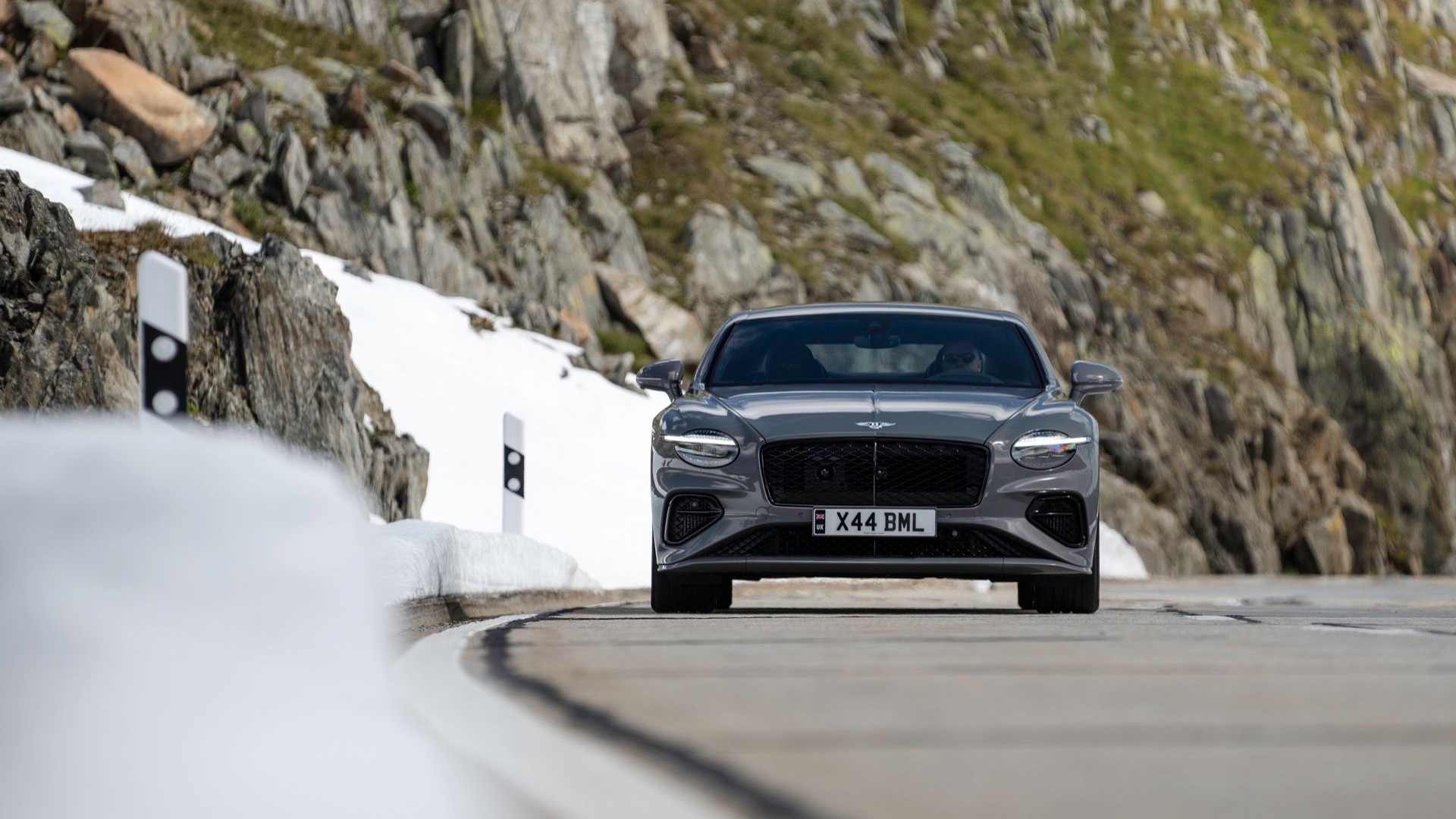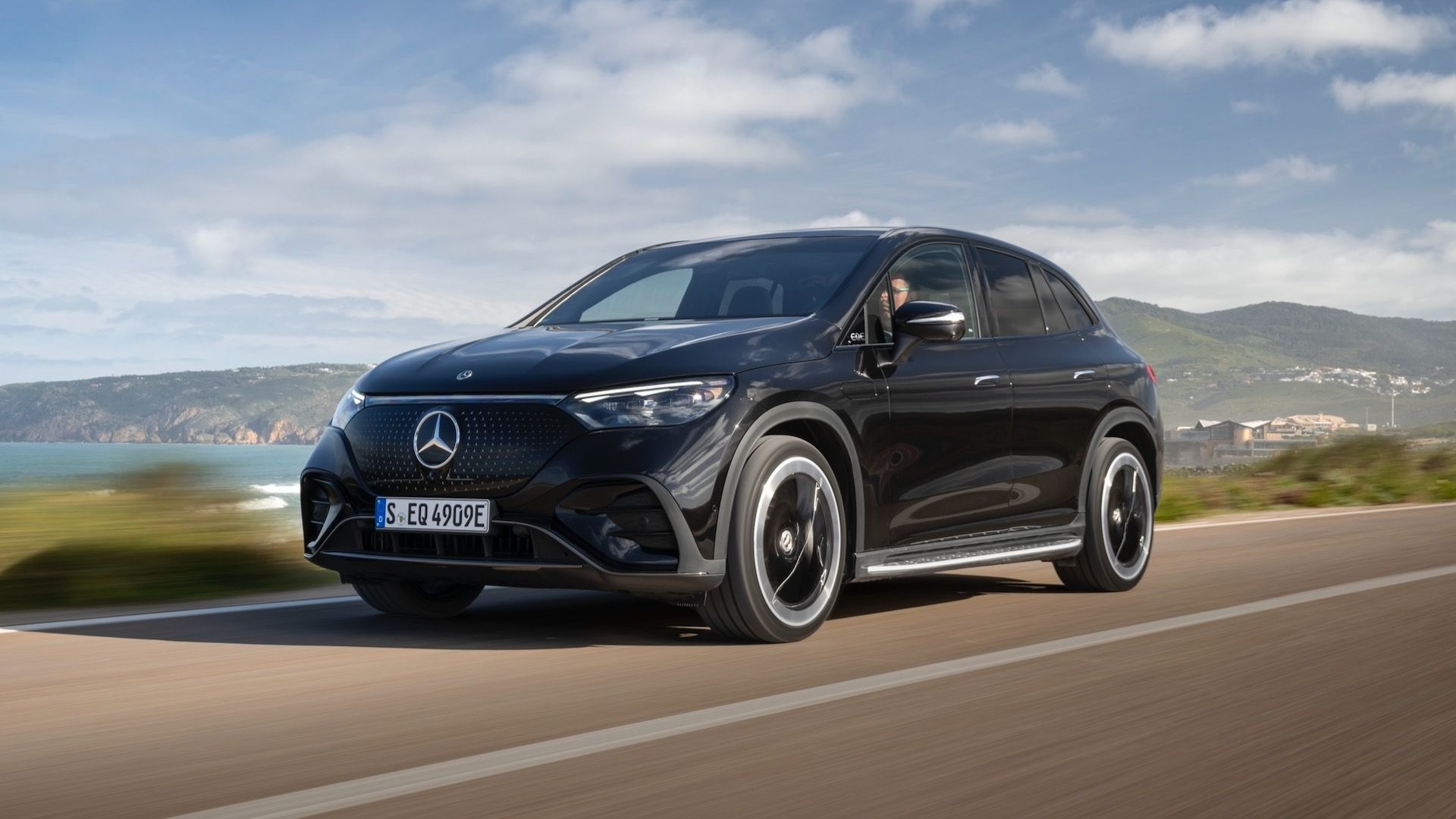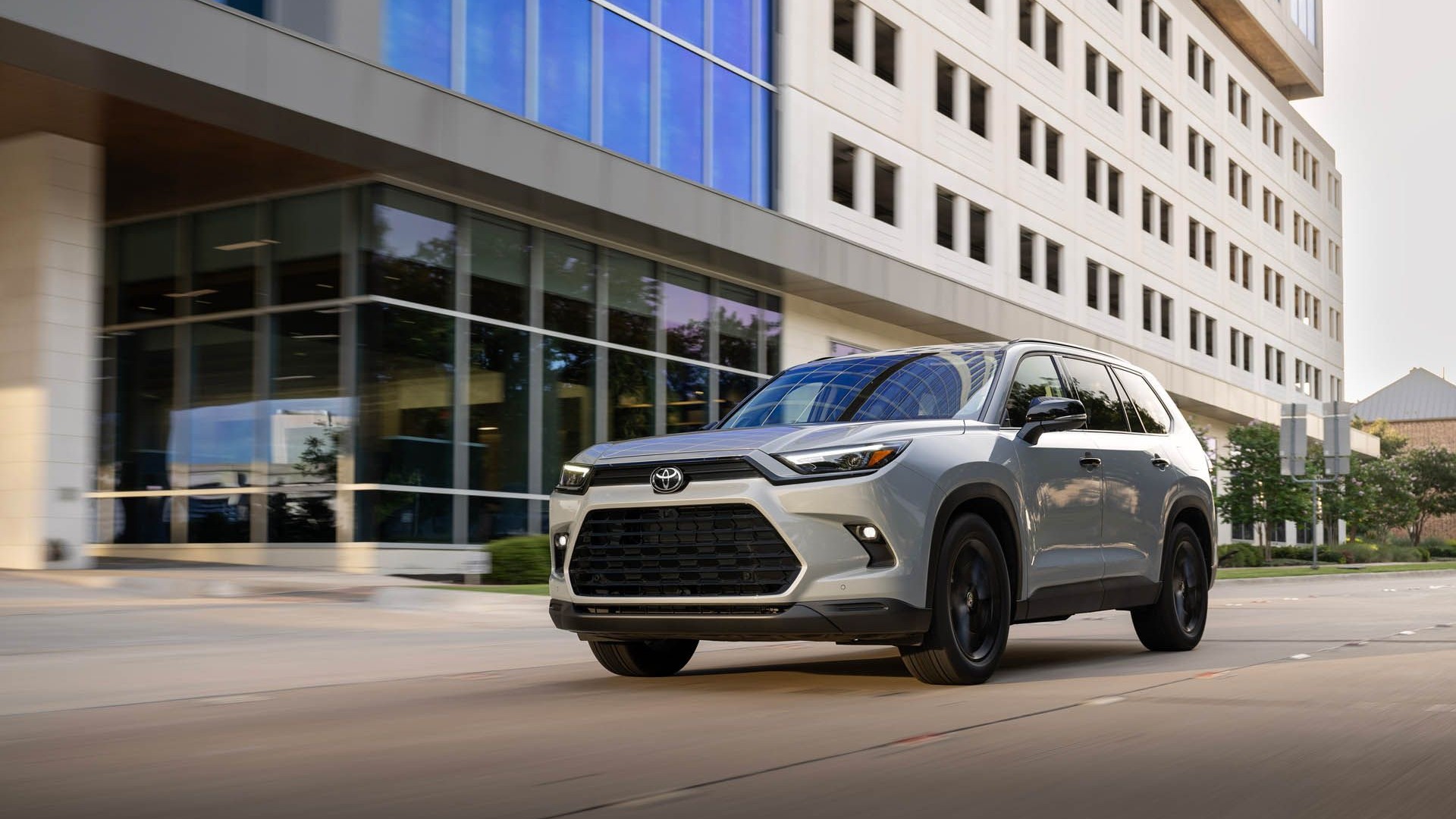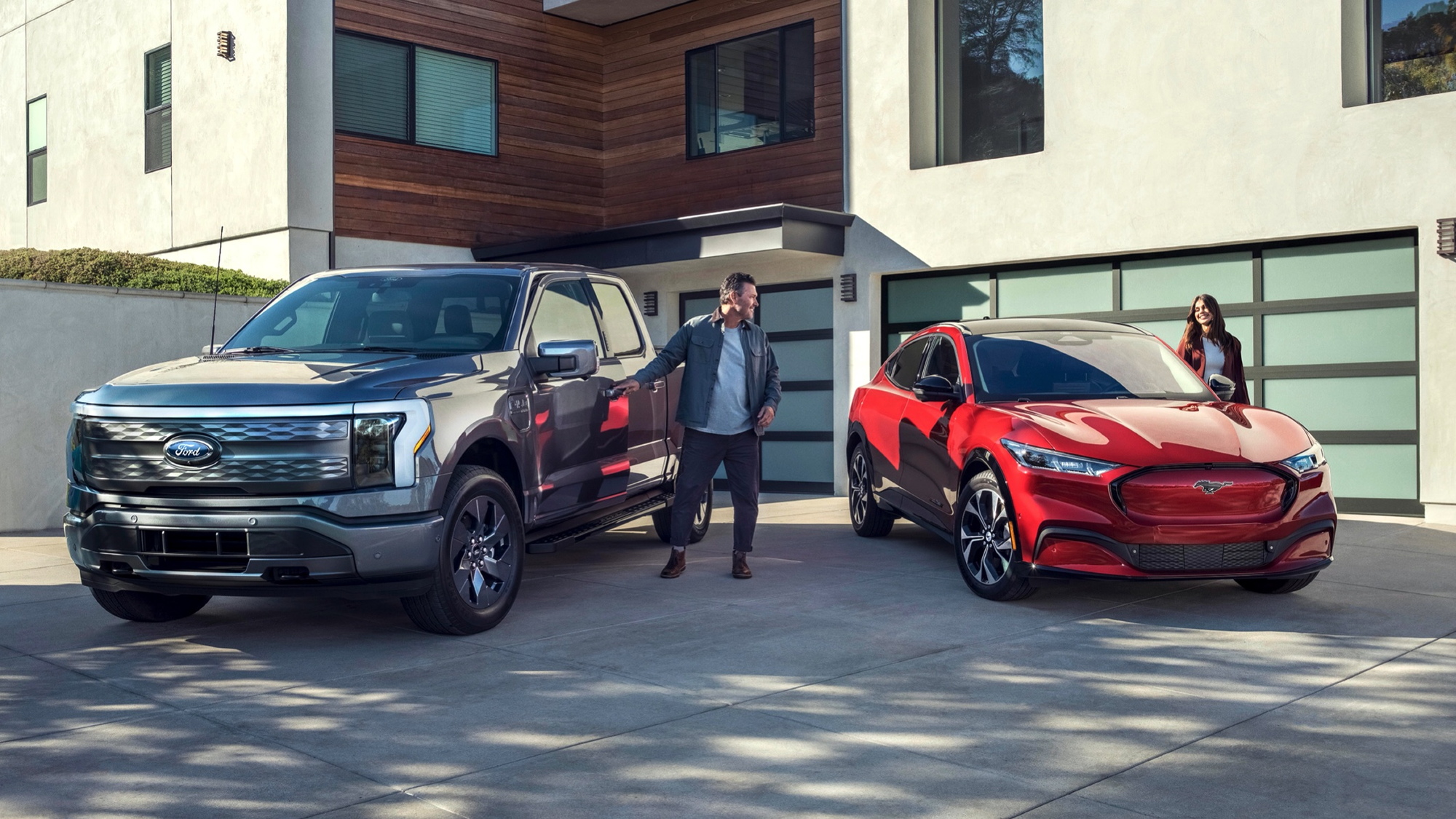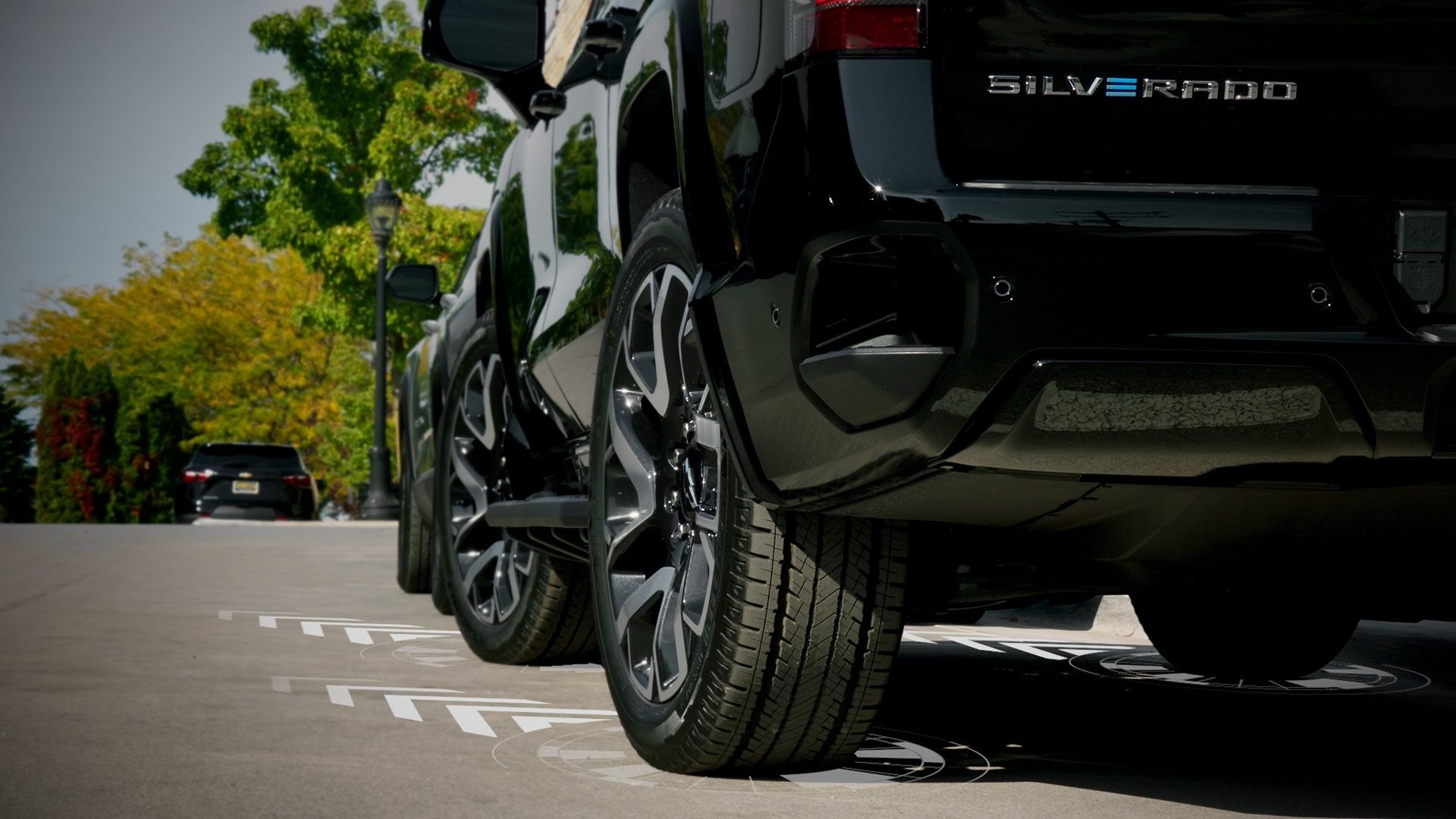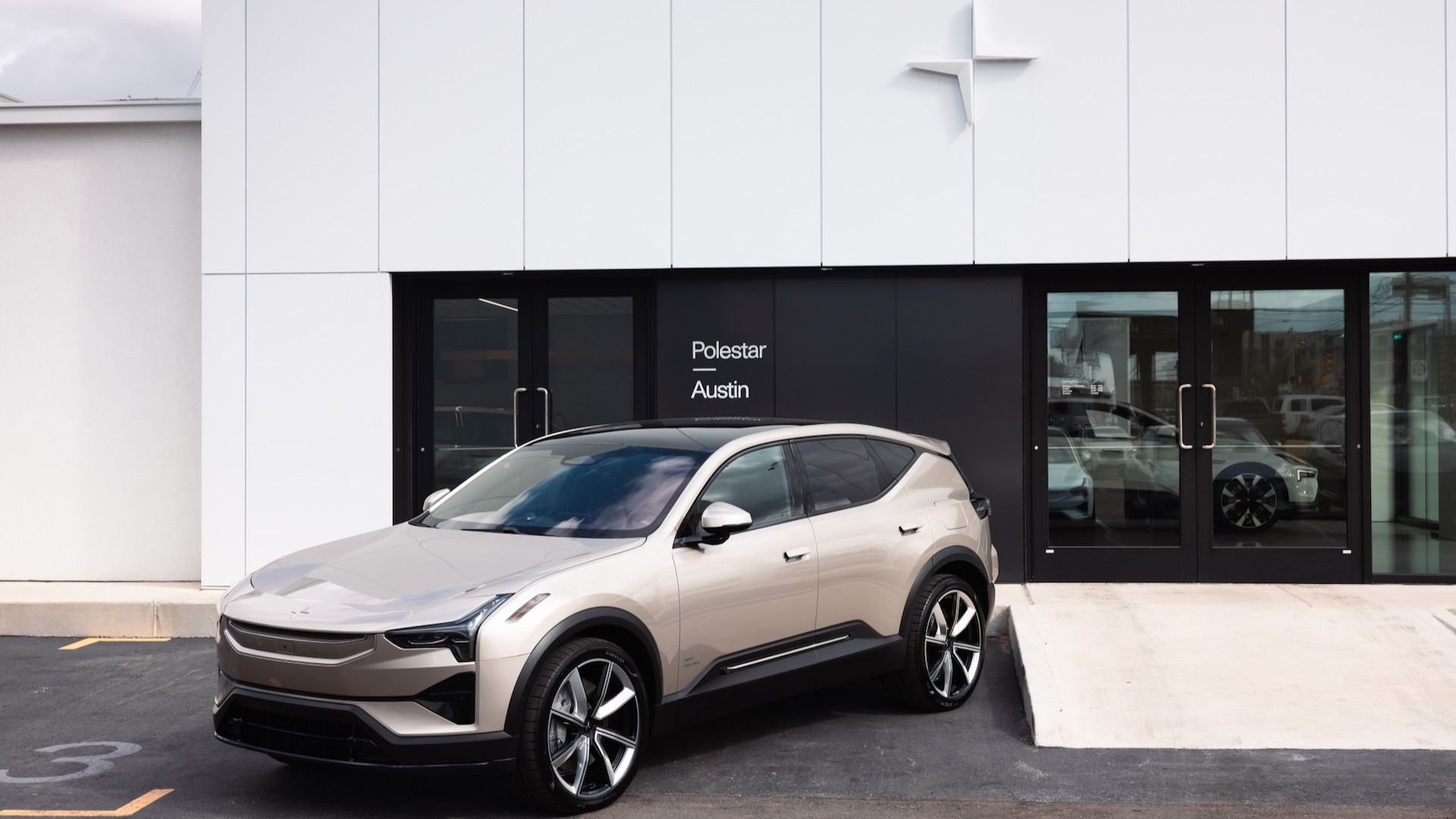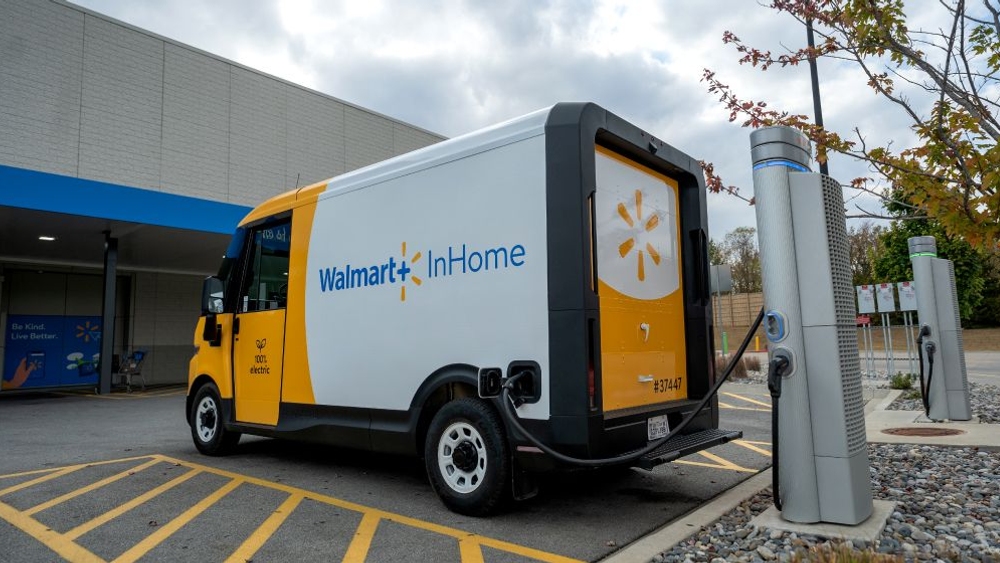St. Nicholas has a bit of a job on his hands around this time of year. His elves may get the whole year to make toys, but the Christmas Eve flight Santa makes is a logistical nightmare.
Just think about it - delivering millions of presents in the space of just 24 hours? And you thought your local postman had a tough job.
Luckily, Ford has offered to help, and Dasher, Dancer, Prancer, Vixen, Comet, Cupid, Donner, Blitzen and Rudolph can finally have a bit of rest.
A new concept sleigh powered by a new 1.0-liter EcoBoost engine would be all Santa needs to get his deliveries done on time, while dramatically reducing his fuel costs and carbon emissions.
Reindeer aren't cheap to keep, after all. And in order to keep them in peak fitness for those 24 hours, they eat a lot of food. And emit a lot of... err... gas.
Handily, Ford has done the sums for us. The average reindeer travels an impressive 3,000 miles per year, and emits 25 kilograms of methane. To deliver presents to approximately 267,300,000 houses on Christmas Eve, Santa's flying reindeer would each travel 124,421,106 miles, or well over 41,000 times the distance of the average reindeer.
This is pretty catastrophic in terms of greenhouse gas emissions, that 25 kg of potent methane per reindeer translating into 214,670 tonnes of carbon dioxide.
Ford's 1.0-liter EcoBoost, on the other hand, would only put out 22,827 tonnes of CO2.
It also wouldn't cost Santa just under $191 million in carrots to feed said reindeer. Even at extortionate British gasoline prices, he'd only pay $19,087,200 to fuel the EcoBoost sleigh. If he filled his sleigh in the States, it'd cost him as little as $8,527,015, at current prices.
If the savings weren't enough, Santa's high-tech sleigh would also let him use Ford's SYNC infotainment system, MyKey (so his elves don't thrash it the rest of the year round), and Active park assist, to help with those tricky rooftop landings.
We can understand Santa wanting to go EcoBoost though. He'd like to go electric eventually, but current technology means he'd have to recharge every 100 miles. This would mean making 1,244,211 stops for each 30 minute fast charge, adding 71 years to his delivery time and rather spoiling Christmas for the rest of us...
From all of us here at Green Car Reports, have a very merry Christmas!
+++++++++++

